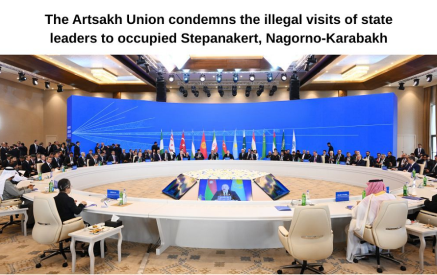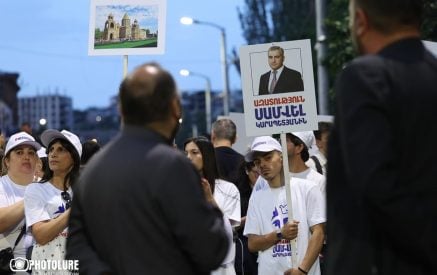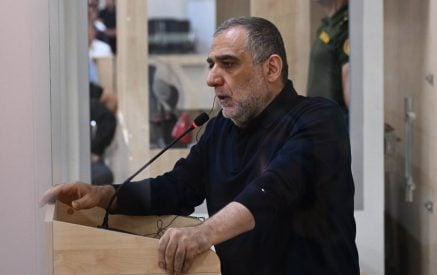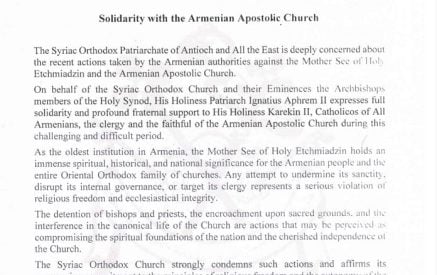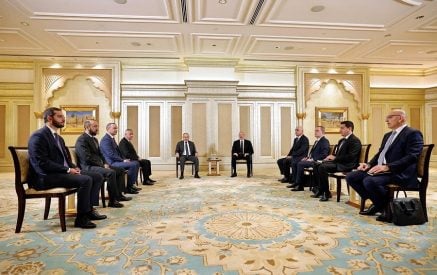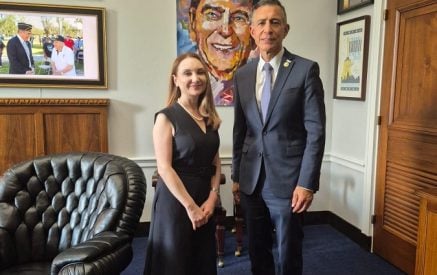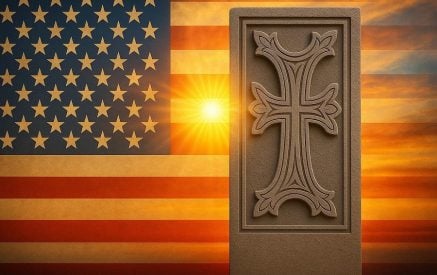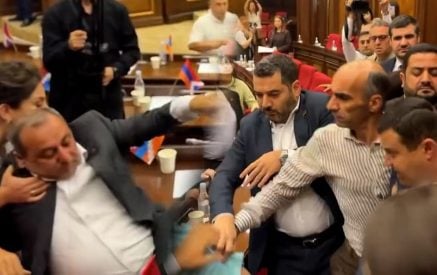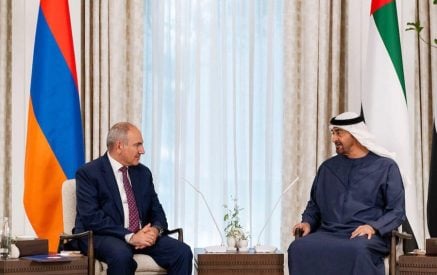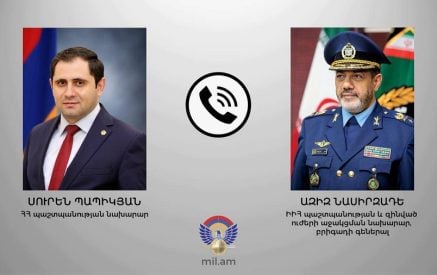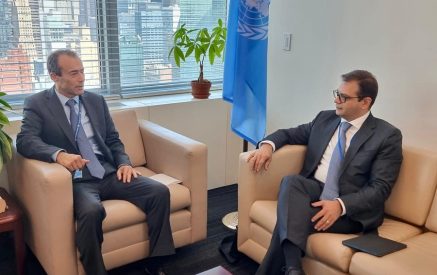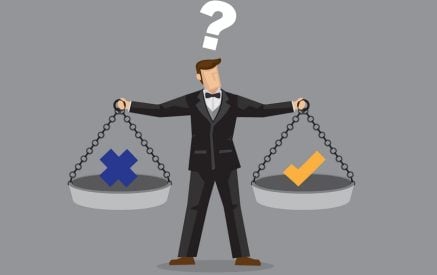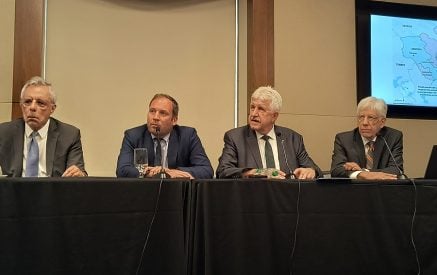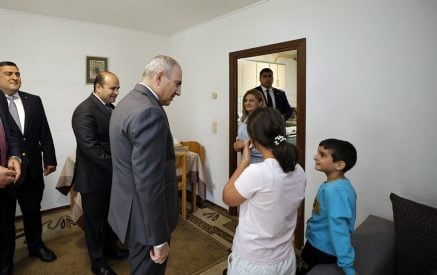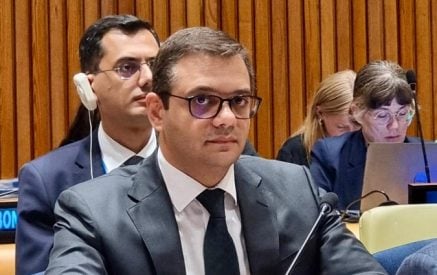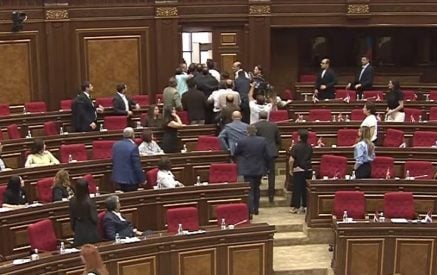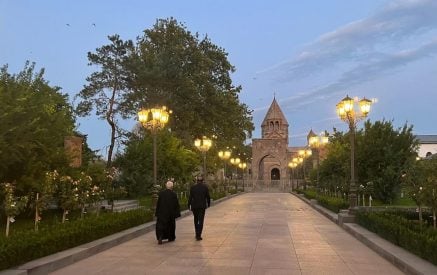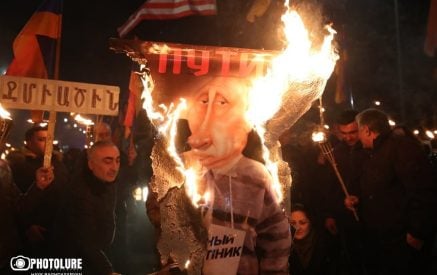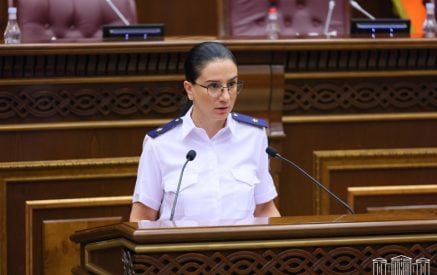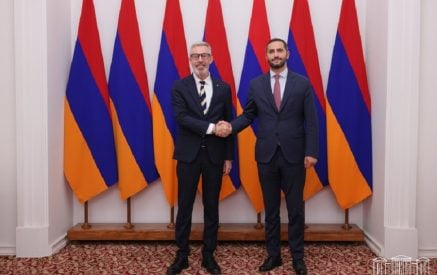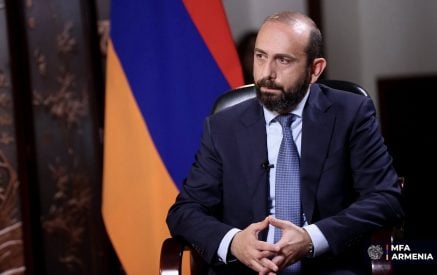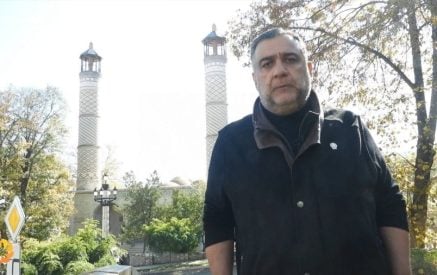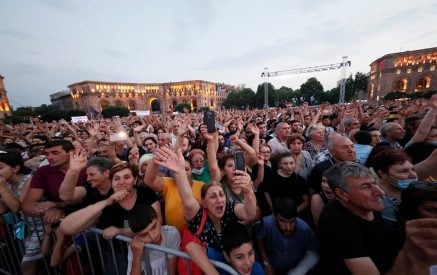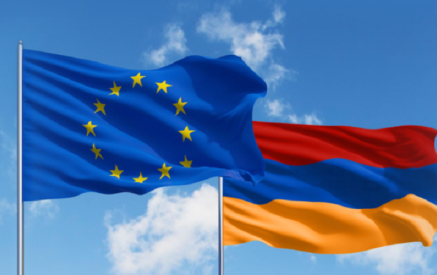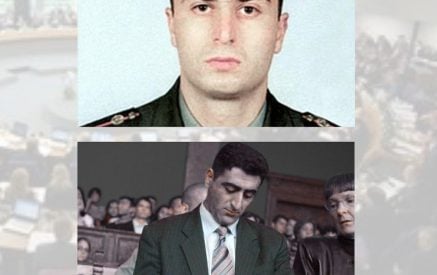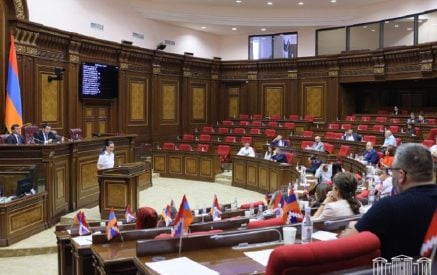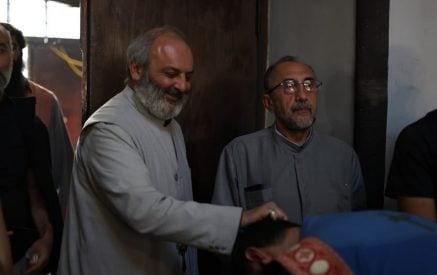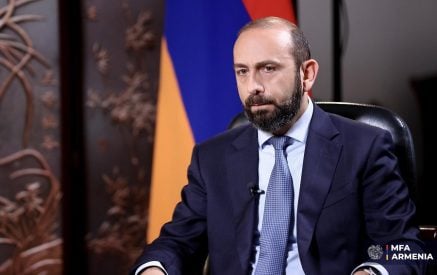Levon Ter-Petrossian, the first president of Armenia, is always interesting to listen to; his speech is literate, beautiful, and seasoned with historical and other parallels. Analyzing and commenting is also easy, if you can imagine, because it is a political text, and the emphases are clearly made. I am not going to argue about any of theses; just try to imagine their practical significance.
Let’s just theoretically accept Ter-Petrossian’s main thesis that Armenia should sign the document containing “painful concessions” as soon as possible, or to put it more simply, surrender. Let’s consider what step the first president proposes for this. He suggests that the three former presidents and the current prime minister should gather. The latter should tell them what options of the “peace treaty” were offered to him, and then the former leaders of the country should suggest to him which option is less painful. Suppose Robert Kocharyan and Serzh Sargsyan will rise from their ambitions and agree to it. Suppose even Pashinyan, whose power is based on rejecting the second and third presidents, will also consider such a consultation acceptable. What does it do in practical terms? Will that consultation be a moral support for the current prime minister?
In fact, such a process is not necessary at all to get started. The person who is authorized to sign the capitulation agreement (and in this case it is, of course, Nikol Pashinyan) should do so if he finds that there is no other way out. There is a parliamentary government in Armenia. The absolute majority of citizens who voted in the 2021 elections voted for the force led by Pashinyan.
Therefore, the Prime Minister has the authority to register the defeat of our country with an international document, and that agreement will certainly be ratified by the parliamentary majority unanimously. Pashinyan does not have the necessity to get anyone’s consent or to consult with anyone. Surrender requires no consolidation, no national unity, no “collective power.” Unification is needed to resist the enemy, to fight, and to strengthen the state and the army. But if the government (I repeat, the legitimately elected government) finds that it is impossible to resist the enemy, then there is no need for unification.
Read also
…However, I will allow myself to disagree with the first president on a private matter. I am not sure that we came into being as a nation (“became a nation”) only in the 20th century under the conditions of Soviet Armenia. Although, of course, it is impossible to deny the historical significance of the modernization of Armenia carried out by the communists.
Aram Abrahamyan




